It’s Chinese New Year’s Day! February 16, 2018 rings in the year of the Dog which represents companionship, loyalty and friendship. The Chinese celebrate the Lunar New Year for 15 days and throughout this time, gatherings with friends and family occur over shared meals and greetings of well wishes and blessings. It is a time to shed the old and welcome new beginnings, so it is customary for people to wear new clothes and new shoes and have new things for a new beginning. It is a festive time to usher in a fresh start and all things new.
Here are some of the Lunar New Year traditions I grew up with:
- New Year’s Eve Reunion Dinner – eating “Nian Gao” or New Year Cake made of sweet sticky rice as well as other varieties including turnip cake and taro cake. Dumplings are eaten for wealth as they represent the “Yuan Bao” or golden nugget. Noodles are eaten for longevity and there is always fish at the New Year dinner table to represent abundance and surplus. Fish is a homonym for surplus, so eating fish represents having abundance in excess every year. A lot of the food items eaten to celebrate the New Year are homonyms that sound similar to words of prosperity, wealth and abundance.

From Left to Right: Turnip Cake, Sweet Sticky Rice Cake and Taro Cake – Traditional Lunar New Year Fare 
Longevity Noodles 
Fish representing “Nian Nian You Yu” which means “Every year there is surplus”. - The Chinese New Year legend of the “Nian” (or “Year”) is based on ancient mythology where “Nian” was a beast that came out during the new year to feast on the crops of the villagers. To scare away the “Nian” beast, loud firecrackers were set off, red lanterns were lit and everything was covered in red as the beast was afraid of loud sounds, bright lights and the colour red. To celebrate driving away the beast, people continued to stay up all night, light red lanterns, burn firecrackers and dress in red every year. Until this day, people still stay up past midnight to usher in the new year. As a child, this was the only time of year that I was able to stay up past my bedtime and was a welcome treat.
- It is customary for elders to give lucky red pockets filled with money to younger generations during the Lunar New Year celebrations. As children wish their elders well for the new year, they receive blessings and lucky red pockets in return.
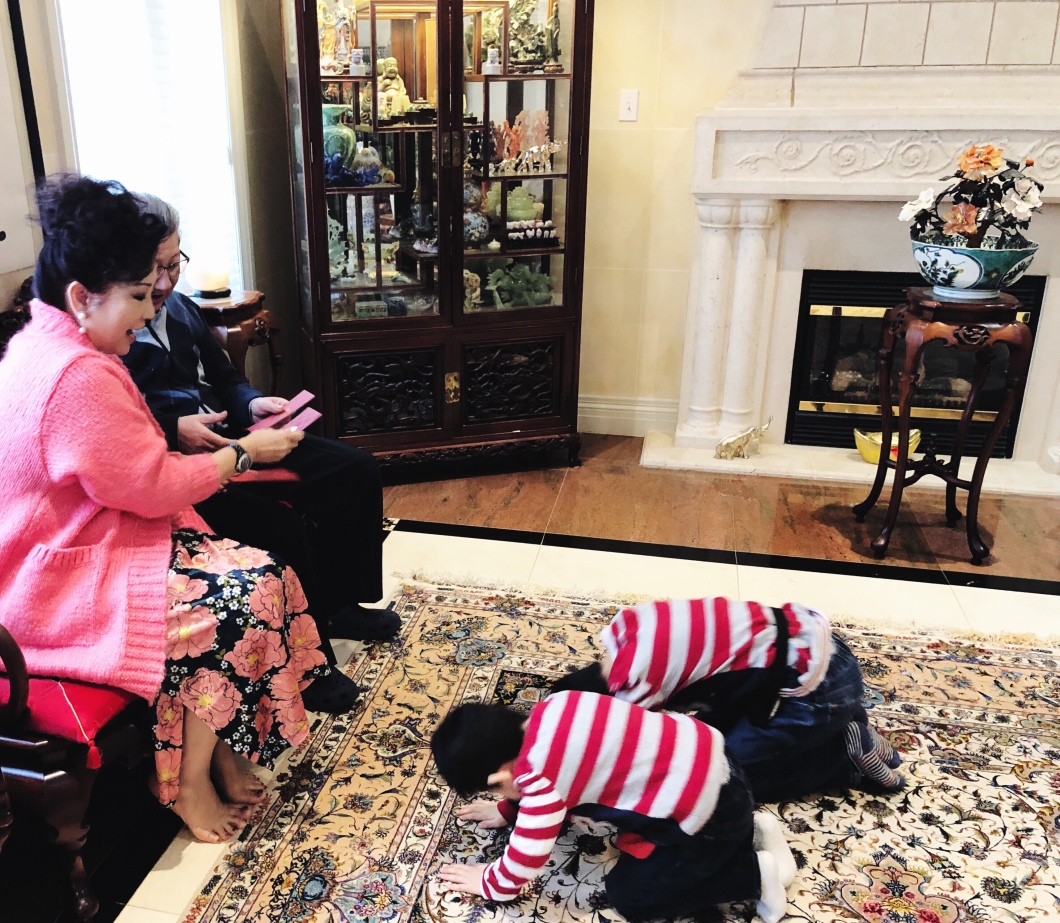
Children “Bai Nian” (well wishes for the new year) and kowtowing to their elders to receive blessings and lucky red envelopes stuffed with money. 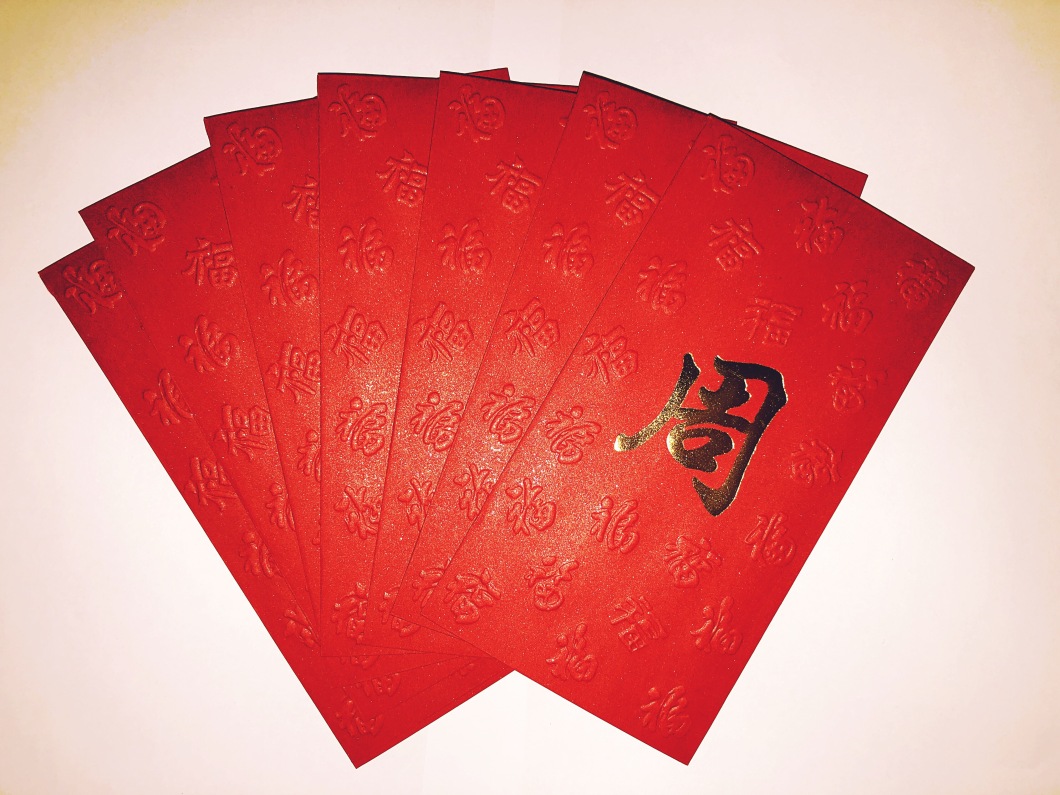
Lucky Red Envelopes which are filled with money. This one has the family name “Chow” written on it. - Buddhism arrived in China in the Han Dynasty and had a huge influence on Chinese culture. Until today, many Chinese people are still practicing Buddhists and it is customary to visit temples during the New Year to give offerings to Buddha and also pay respects to ancestors in order to gain blessings for the coming year.
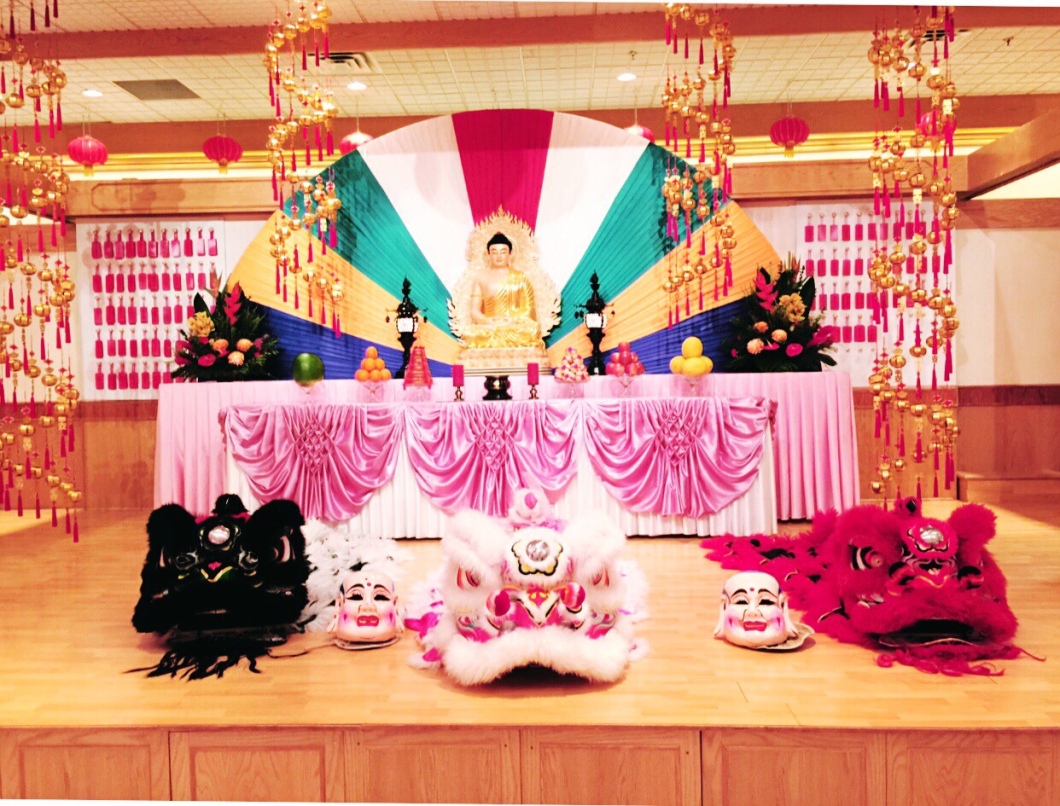
Fo Guang Shan Temple of Toronto – Lion Dance costumes laid out in front of the Buddha worship table. - Temples often hold New Year Market Fairs, similar to carnival fairs where an assortment of items to purchase are laid out in colourful stalls. Often teeming with fresh flower stands allowing people to purchase their New Years flowers, Lunar New Year markets are always bustling with activity and cheer.

Fo Guang Shan Temple Lunar New Year Market Fair 
Fo Guang Shan Temple Lunar New Year Market Fair 
Fo Guang Shan Temple New Year Market Fair Flower Stand - Finally, the Lion Dance ushers in the New Year to bring good luck and fortune. The Lion dance involves martial artists under the lion costume performing the dance and martial art moves. Lettuce is hung up high above the doors of business establishments and the lion eats the lettuce and throws it back at the establishment to give them wealth. Again another homonym, “lettuce” in Chinese sounds similar to “good fortune” or “wealth”, so to catch the lettuce from the lion is a very auspicious start to the new year, bringing prosperity and abundance for the whole year.

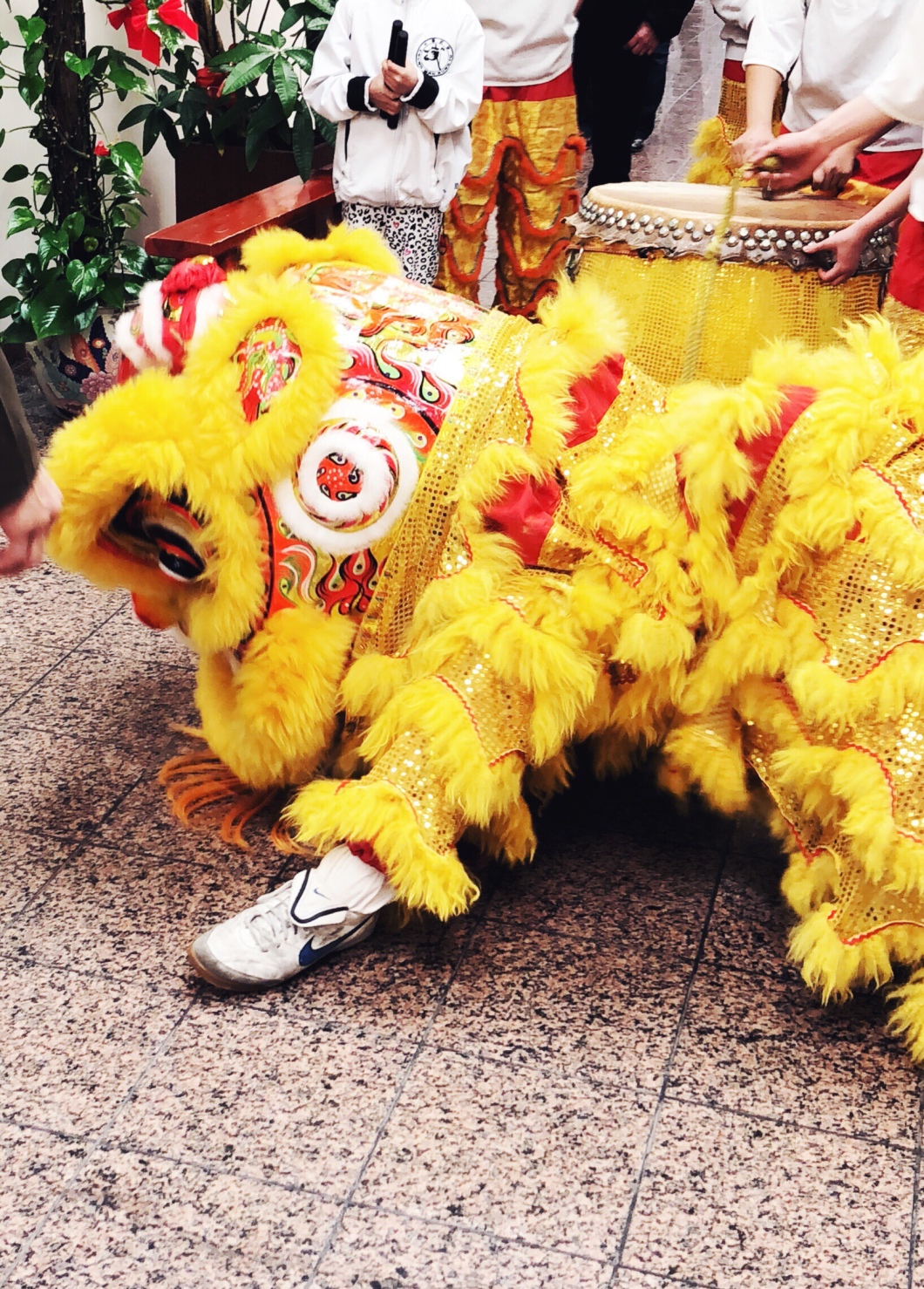
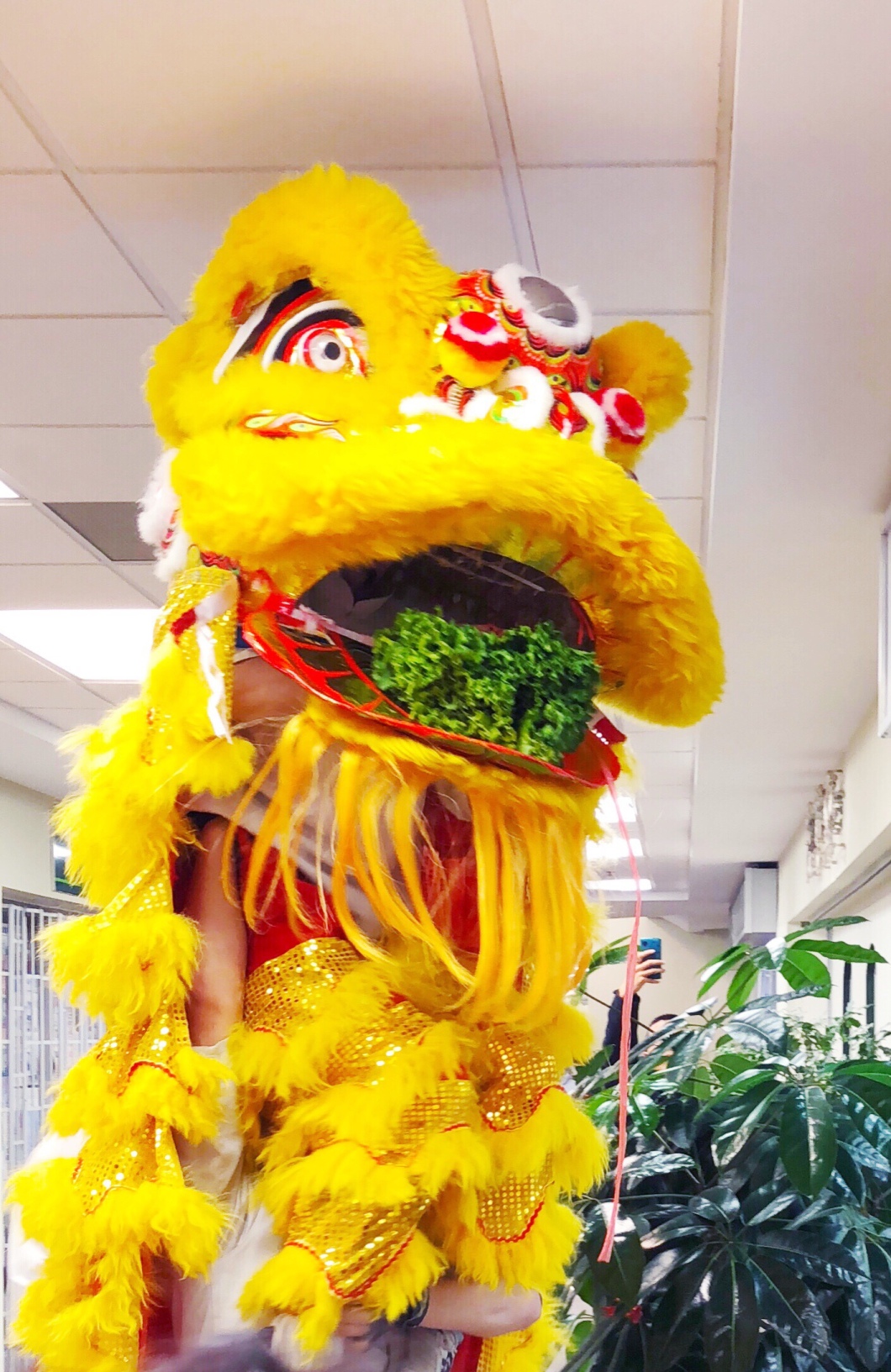
Are there any Lunar New Year traditions that you celebrate in your household? What did you do today to ring in the Year of the Dog?
XO, Amy
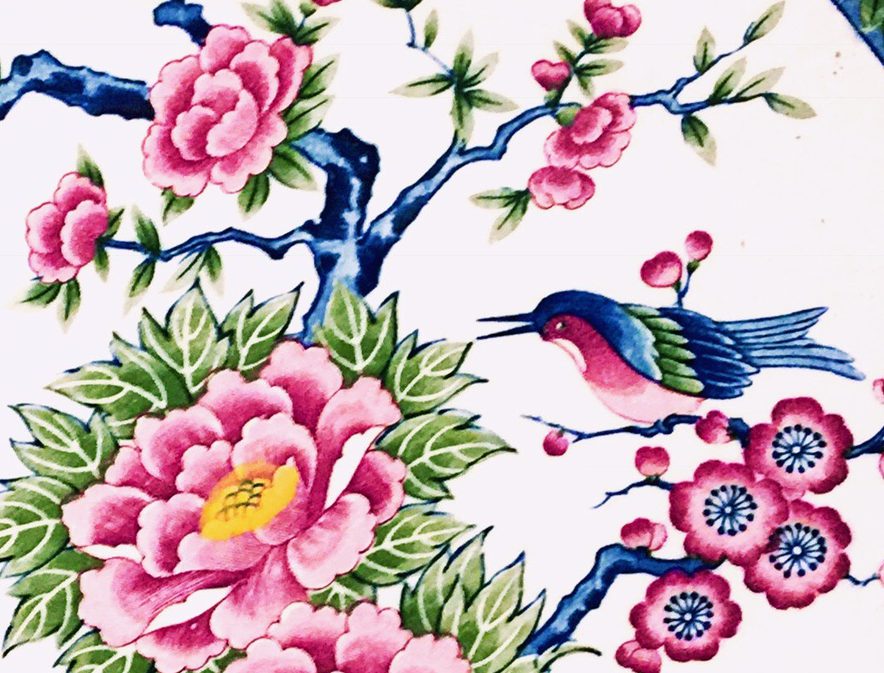
You weren’t allowed to stay up on December 31? When I was little, my family allowed me to stay up on 12/31, but not for Chinese/Lunar New Year (because it was usually on a school night. I was NEVER taken out of school for CNY). I remember dressing up in Chinese style outfits when I was VERY little, but it stopped by the time I was six or seven. My family isn’t all that old school (no kow towing for lai see, that’s for sure. Not even to my grandparents).
LikeLike
Nope! It was always the Lunar New Year and I got to skip school every year for it until high school! I felt pretty special to have an extra day off! 🙂
LikeLike